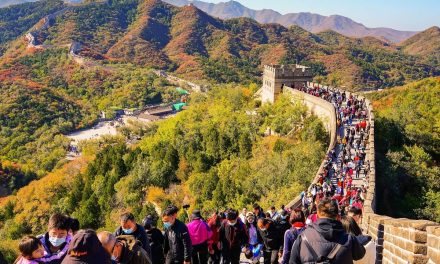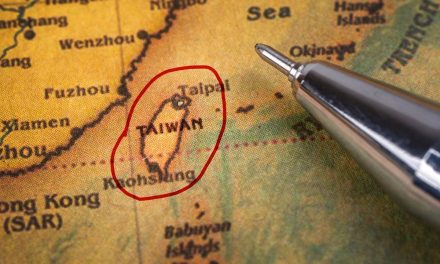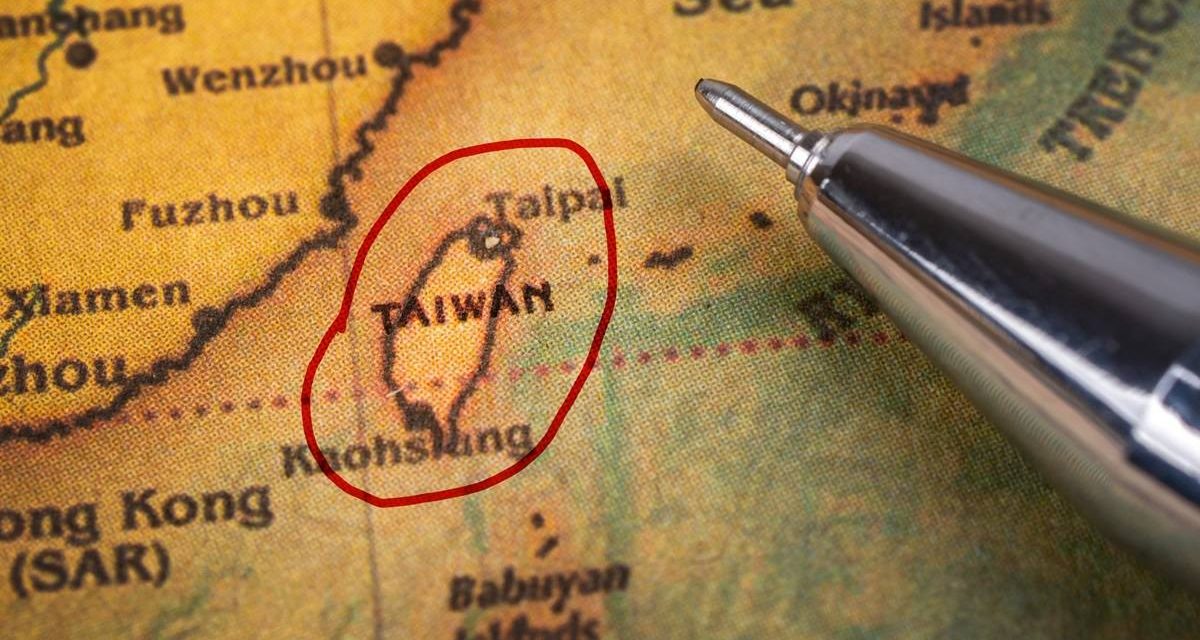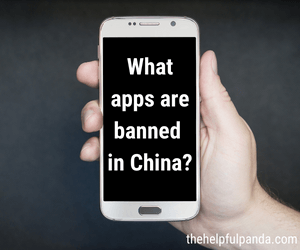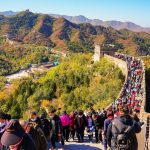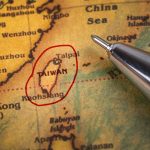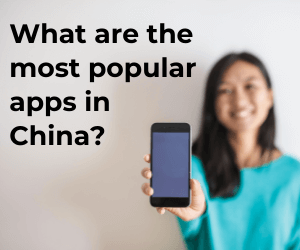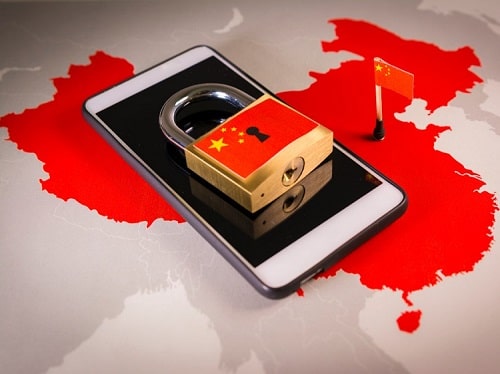In this simple yet educational guide, I’m going to highlight the biggest differences between China and Taiwan.
These two travel destinations have many similarities. But they’re also very different.
To be perfectly honest, I got culture shock when I visited Taiwan, having spent a year working in mainland China. More on that later!
Government
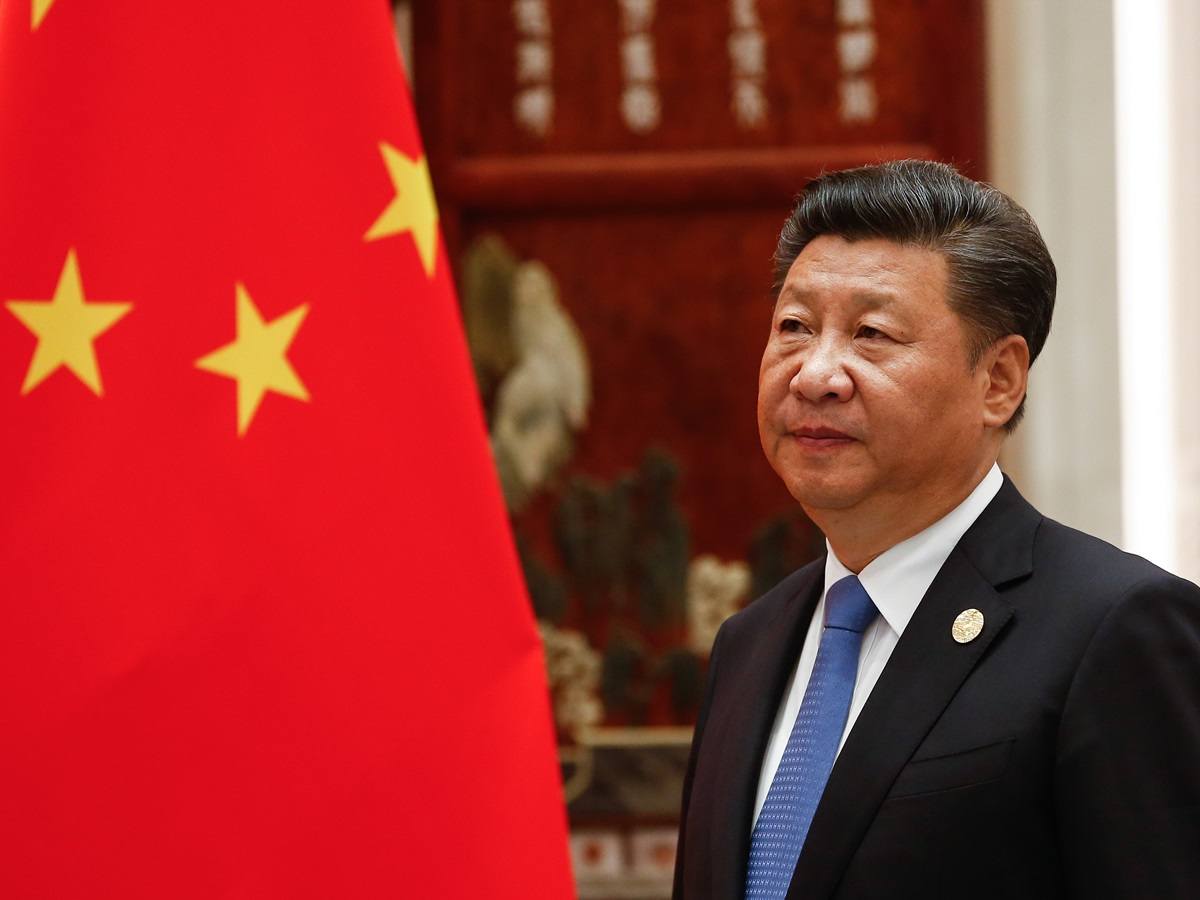
Chinese leader Xi Jinping overseas a single-party state. Image by Gil Corzo on Shutterstock.
The People’s Republic of China (PRC), or China for short, is a socialist country with ‘Chinese characteristics’. I like this expression as it’s so nuanced.
There’s only one political party, the Communist Party of China, and it’s currently ruled by President Xi Jinping. Under the current arrangement, Xi could rule for life.
On the other hand, the Republic of China (ROC), or Taiwan, is a democracy and is ruled by a female president named Tsai Ing-wen.
Like the United States, the president of ROC is elected for four years, with two terms of government being the maximum.
OK, the boring stuff is now out of the way!
Language
The official language of both China and Taiwan is Mandarin.
However, it does sound different in each place, even for me who has studied Mandarin.
The Taiwanese sound more like people from southern China than those from northern China. The linguistic differences have got to do with where your tongue is when you speak.
This is most evident when Taiwanese people (and southern mainlanders) say “shi” which sounds more like “si”.
For a foreigner, this can be quite confusing as “shi” and “si” are totally different sounds in standard Mandarin. In Taiwanese Mandarin they’re the same though, the only difference being the tone.
There are some differences in vocabulary, such as:
- Taxi is 出租车 (chūzū chē) in China but it’s 計程車 (jìchéng chē) in Taiwan
- Internet is 网络 (wǎng luò) in China while it’s 網路 (wǎng lù) in Taiwan
- Video is 视频 (shì pín) in China but it’s 影片 (yǐng piàn) in Taiwan
The written language is different too.
When Mao proclaimed the start of the ‘new’ China in 1949, simplified Chinese was introduced. Basically, it requires fewer strokes when writing, which encouraged literacy among the masses.
(At the bottom of this page, I’ve included a very brief history of the new China and how Taiwan came to be, if you’re unsure.)
In Taiwan, traditional Chinese characters, also known as complex characters, are still in use today. This is also the case in Hong Kong.
Public politeness
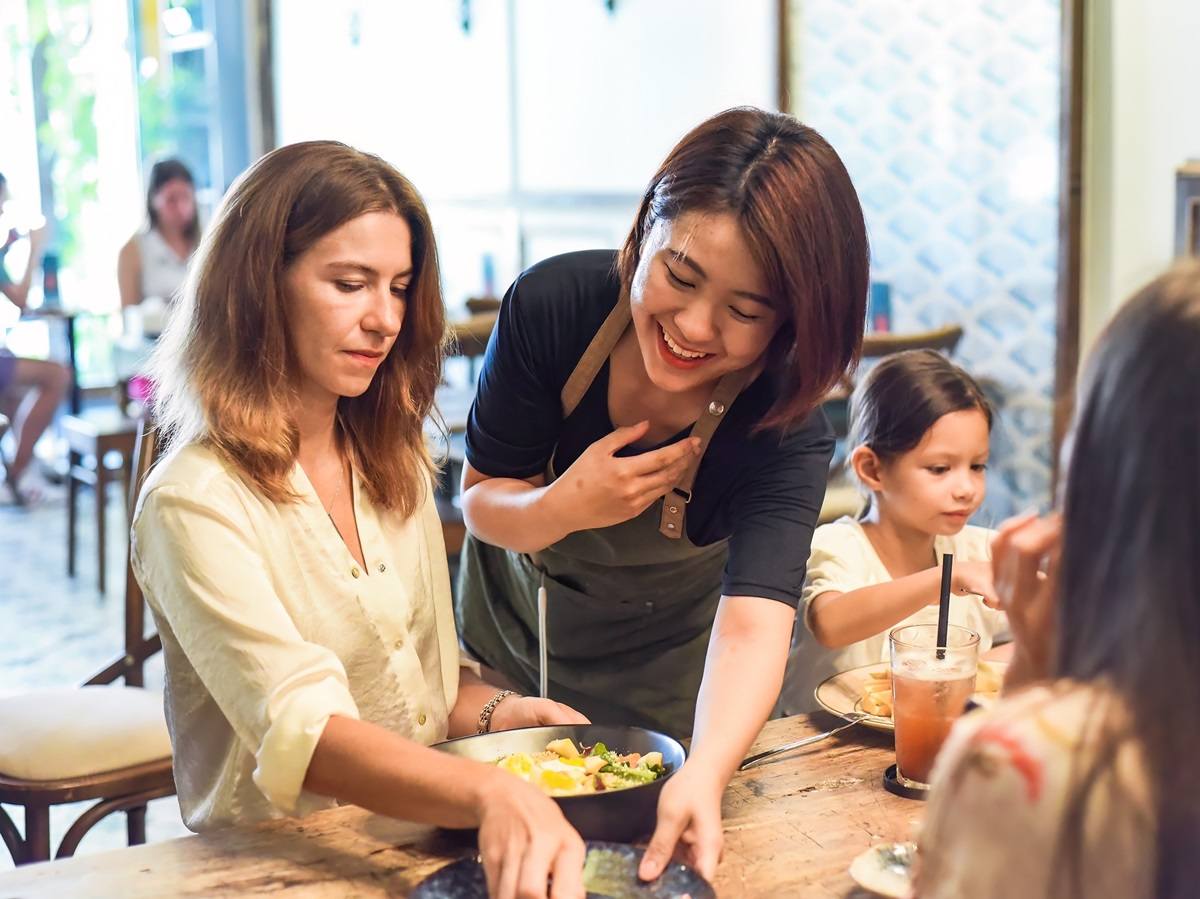
Taiwanese people are naturally helpful in places like restaurants. Image by Tanya_Terekhina on Shutterstock.
For me, this is one of the biggest differences between Chinese people and Taiwanese people.
When I say ‘public politeness’, I mean things like allowing other people to go before you and lining up.
I found Taiwan to be much more like Japan than China in this respect.
Here’s a summary of the main differences:
| Chinese | Taiwanese |
|---|---|
| Loud | Quiet |
| Push to get to the front | Queue up in a strict order |
| Rarely say ‘thank you’ | Always say ‘thank you’ |
| Spit | Don’t spit |
| Stare | Don’t stare |
Keep in mind that these are generalizations, but should still give you a good idea of the differences. And, the Chinese spitting and staring is mostly in the smaller, developing cities.
You might be thinking “Oh my God, the Chinese are so rude!” but I don’t think that’s a fair assessment. It’s just that the mainlanders have a different rulebook to many of us.
Overall, I’d say China is the land of organized chaos where anything goes, while Taiwan is busy but orderly.
To be honest, when I arrived in Taipei having just spent a year living in a small developing city in northwest China, I broke down and cried. It was a classic case of culture shock.
It came down to this: I had forgotten how nice strangers can be in public, like saying “hello” and “thank you” in a store (things that I’m used to in my country). I love this about the Taiwanese culture.
I must have developed a thick skin while living in a rural area of China, even though some things wore me down.
I think this is why I’ve been to China so many times – it’s so different to what I’m used to. And I love getting out of my comfort zone.
Public displays of affection
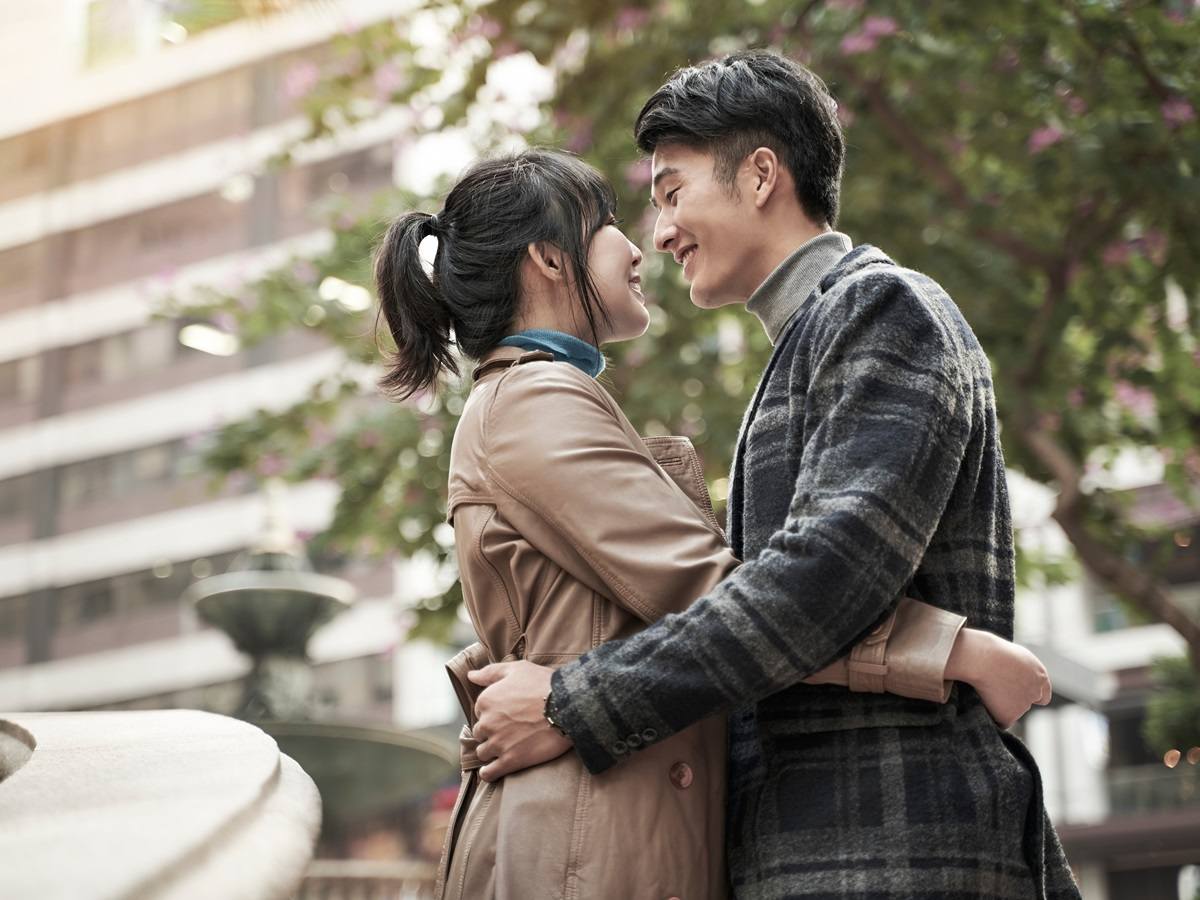
You’ll see hugging a lot in Taiwan, but it’s rare in China. Image by imtmphoto on Shutterstock.
This is another cultural difference.
In mainland China, PDAs are rare. But in Taiwan, I noticed that couples are more touchy-feely like some countries in the west.
After my recent year-long stint in China, it was really nice to see couples hold hands and kiss when I arrived in Taipei.
I really missed seeing that in mainland China!
But I also noticed that young women in Taiwan don’t link arms when they walk, like many do in mainland China.
Food
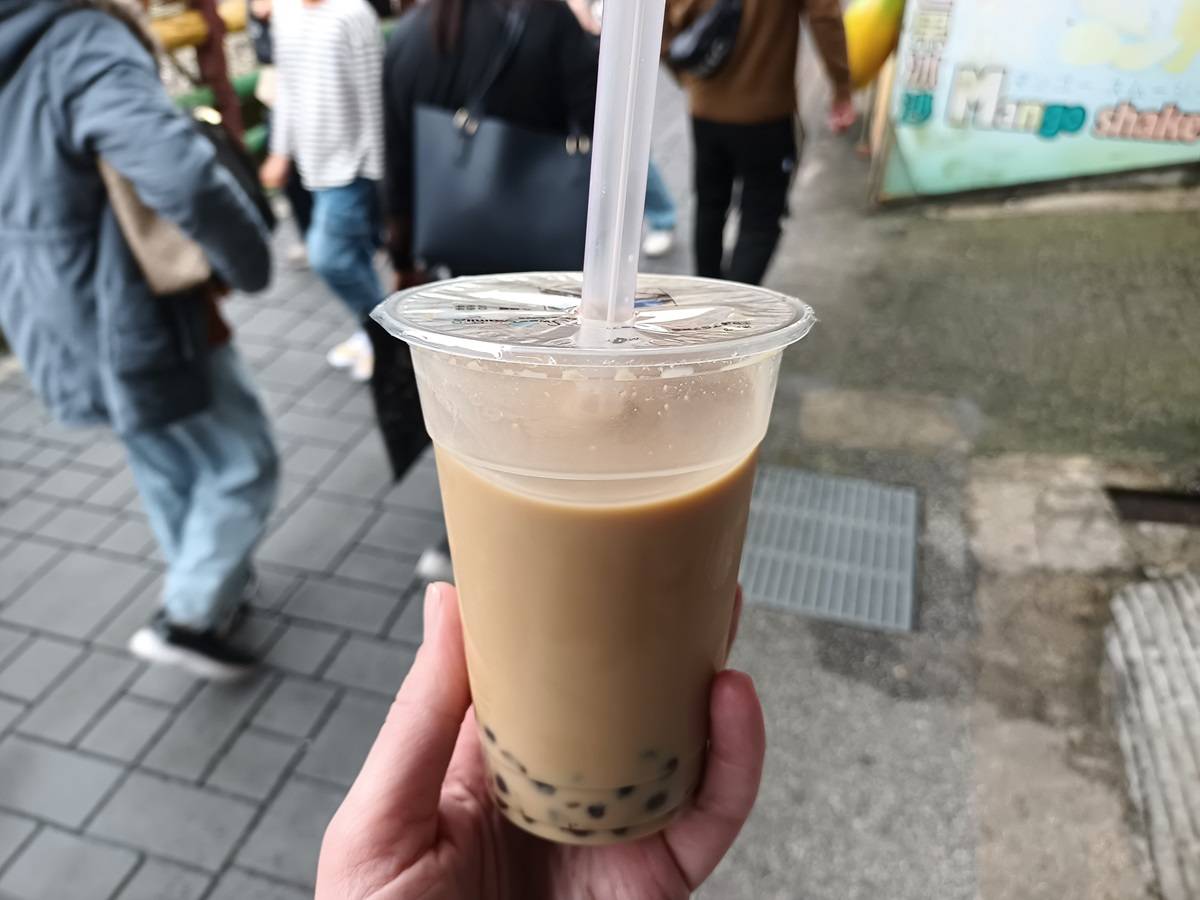
Pearl bubble milk tea is hugely popular in both Taiwan and China. Image supplied by Mike Cairnduff.
It’s hard to compare Chinese food with Taiwanese food.
China is a huge country with countless regional differences in tastes and preferences. This is why I find it difficult to summarize what Chinese food actually is (though I have highlighted the most popular Chinese dishes here).
I’d say Taiwanese food is much more international than what you’ll find in China. And due to Taiwan’s history, being previously ruled by Japan, you can find Japanese food everywhere.
However, China often takes an international dish and changes it so it’s more for Chinese liking.
Spicy dishes are hugely popular in many parts of China whereas I found the food in Taiwan quite bland and unspicy.
China is famous for street food, which you can find everywhere, while Taiwan is famous for its night markets, which are also practically everywhere.
Personally, I prefer the food in mainland China, particularly northern Chinese food, which is big on carbs and can be quite oily (e.g. things like noodles and dumplings).
Internet
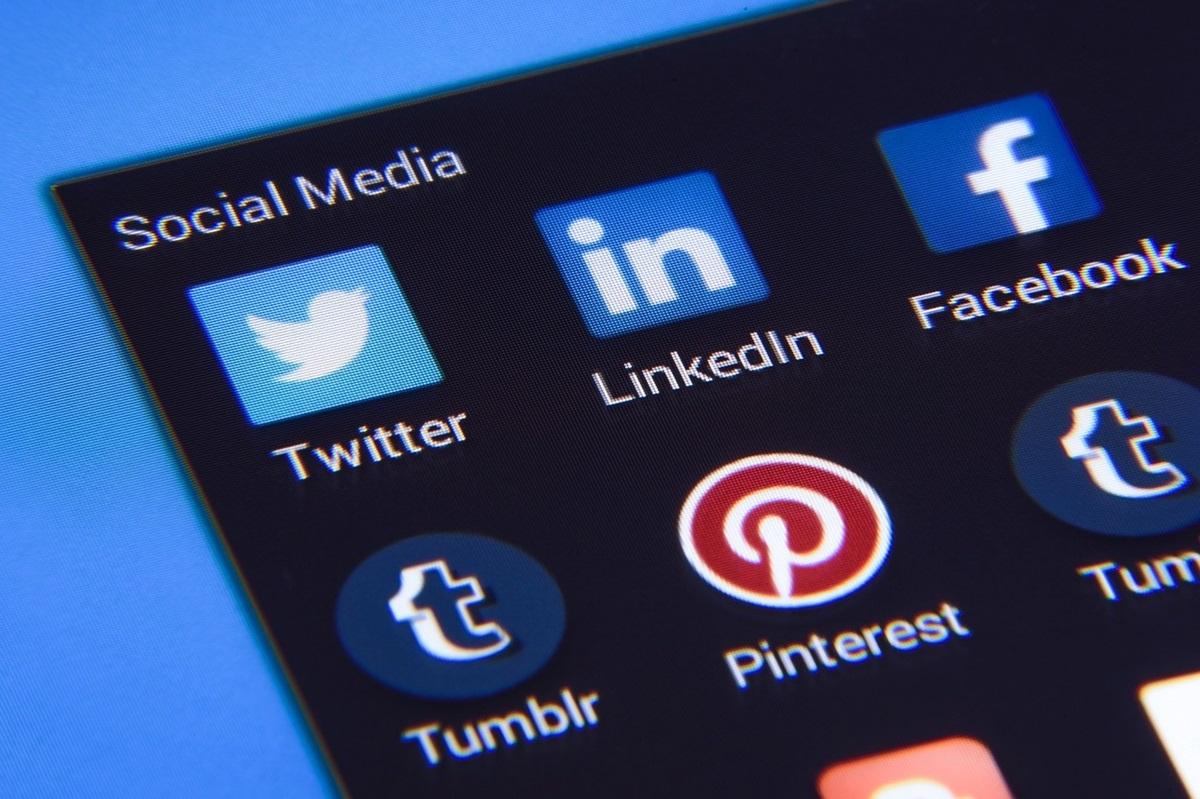
You need a VPN to access Western social media in China. Image by Photo Mix on Pixabay.
Having relied on a virtual private network (VPN) to access the internet in mainland China for such a long time, I’d forgotten the phrase “Google it” until I landed in Taipei.
The Taiwanese use Google for everything, and I must say it was so nice to use Google Maps again and get real-time transport information that I could understand.
In mainland China, the locals can’t use Google (or any major foreign app) due to censorship. So, instead they use homegrown apps instead like Baidu for search and Amap for maps.
These apps basically do the same thing as Google but are only in Mandarin, which makes it hard for foreign tourists.
If you’re traveling to mainland China then you’ll need to download a VPN before you arrive. You can check out my China VPN review here to make sure you get one that works there.
Outlook
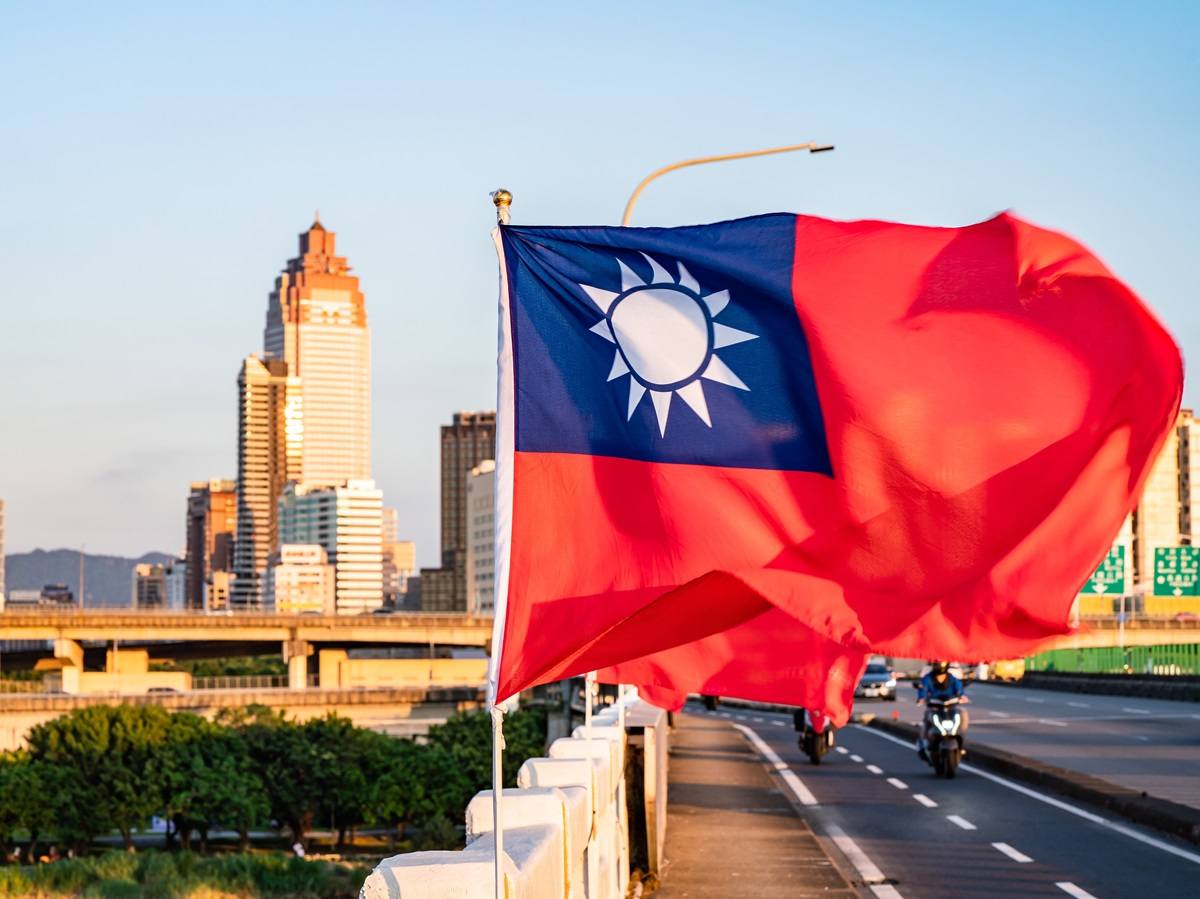
Taiwanese people are outward looking and internationalized. Image by YAO23 on Shutterstock.
When speaking with Taiwanese people, I found them to be very open and outward oriented about all kinds of issues such as:
- National identity
- Culture
- Personal freedoms
- Societal issues
Chinese society is much more conservative. Mainland Chinese are more likely to share their personal views as they can get in trouble with the Chinese government for sharing critical views in public.
(Sadly, censorship is one of the reasons some expats don’t stick around in China for very long.)
Mainlanders are also much more inquisitive because, outside the major cities, most don’t get the chance to meet and talk with foreigners.
I’d say both Chinese and the people of Taiwan are kind-hearted and generous once you get to know them.
Buildings
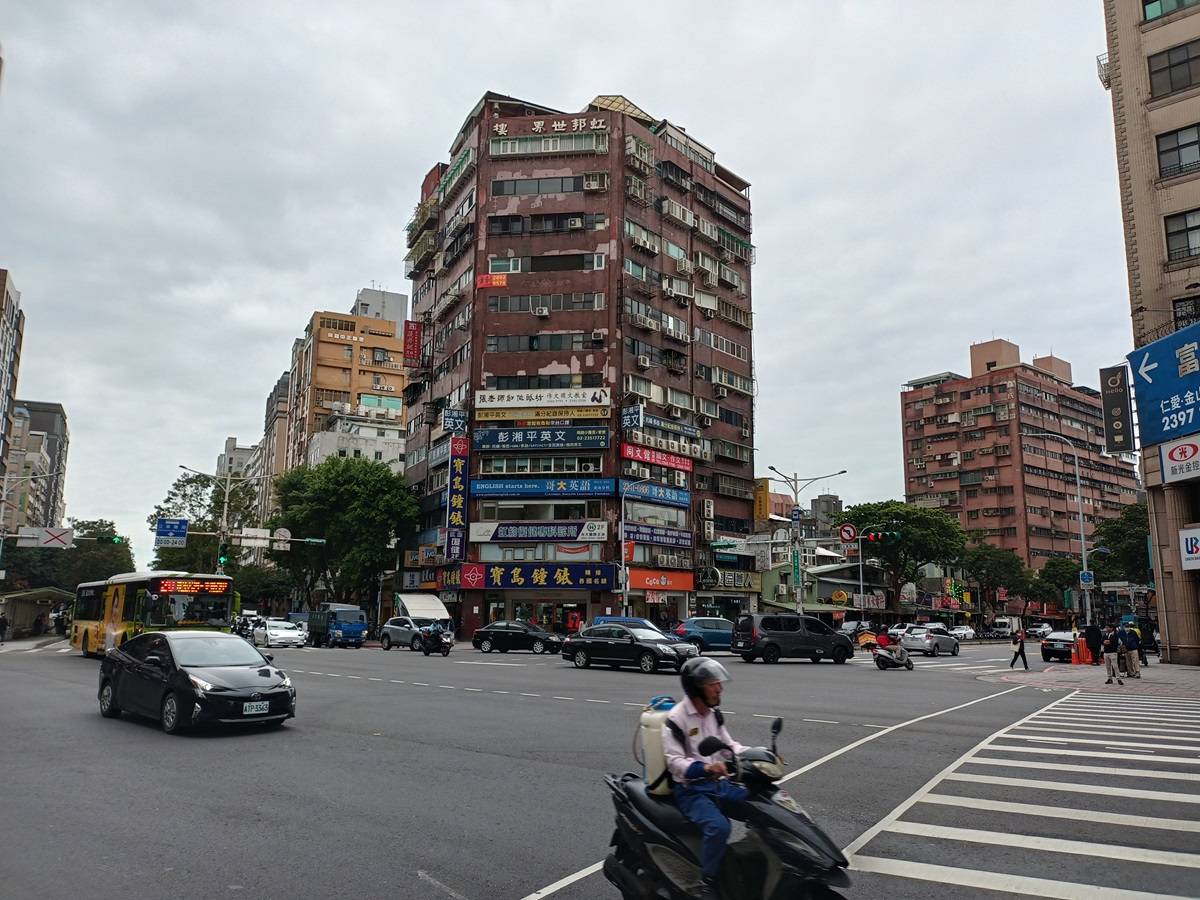
There are countless old and dilapidated buildings in Taiwan. Image supplied by Mike Cairnduff.
One of the biggest surprises about Taiwan is how old so many of the buildings look.
Some are woefully rundown and appear as though they’ve never been updated or even cleaned since the 1960s. Reasons for this include inadequate planning in the past, as well as residents who vote not to update the building due to money concerns.
There’s an interesting debate over on Reddit for more on why so many Taiwanese buildings look so bad.
I find that buildings in mainland China are either one of two things: modern and new, or shoddy and old.
Once a building gets to a certain age or condition, it simply gets demolished to make way for something new. It’s rare to see someone painting or updating the exterior of a building in China.
The Chinese regard flashy and new as a sign of progress and wealth, even if it means historical buildings have to be razed. The famous ‘hutong’ (alleyways) in Beijing are a good example of this.
Transport
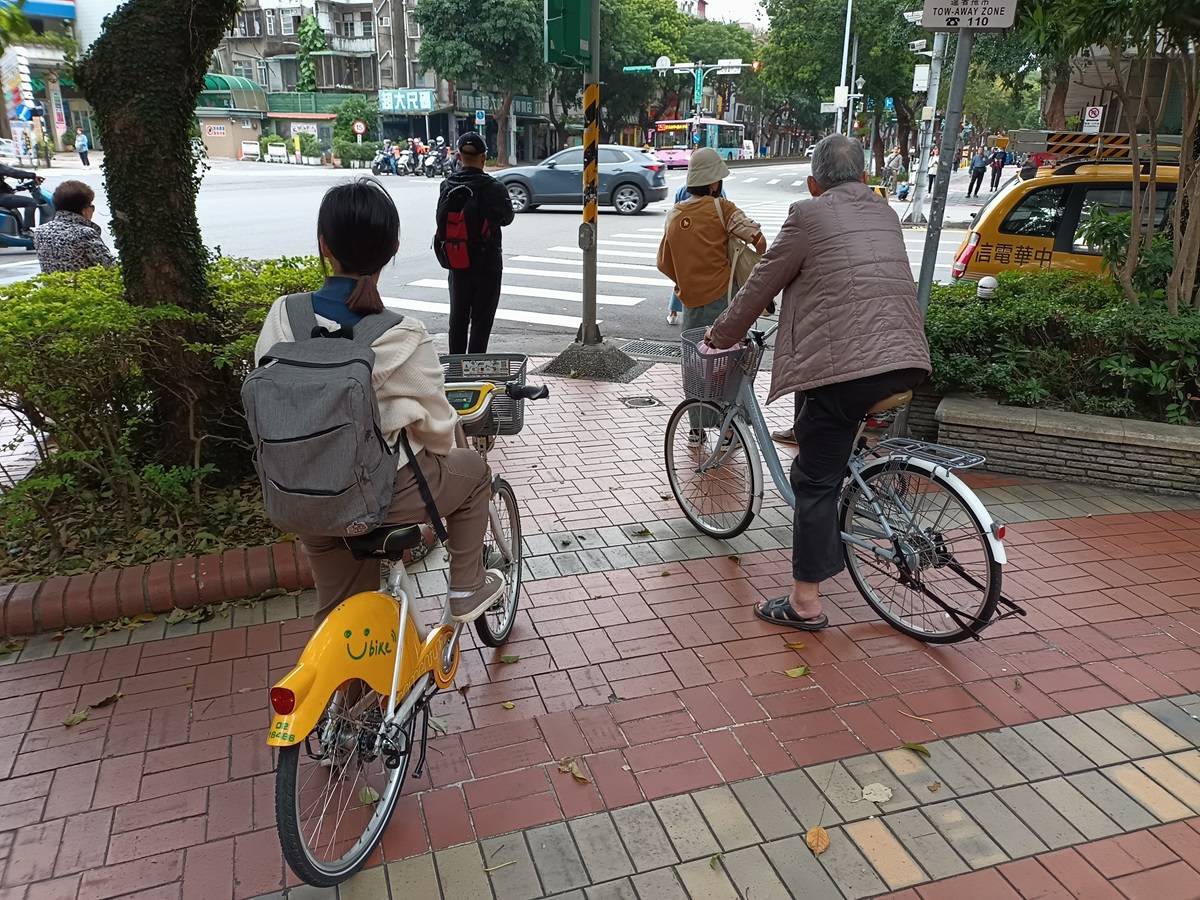
The Taiwanese like to cycle while the Chinese prefer electric scooters. Image supplied by Mike Cairnduff.
China has the world’s most extensive high-speed train network, but Taiwan also has high-speed rail.
I’d say both places have fantastic public transport, with buses and underground metro trains arriving every few minutes.
Taiwan has a much better cycling infrastructure though. There are protected bike lanes throughout the country, making it the cycling capital of Asia.
In China, electric scooters rule the sidewalk, while in Taiwan pedestrians have the right of way.
Tourism
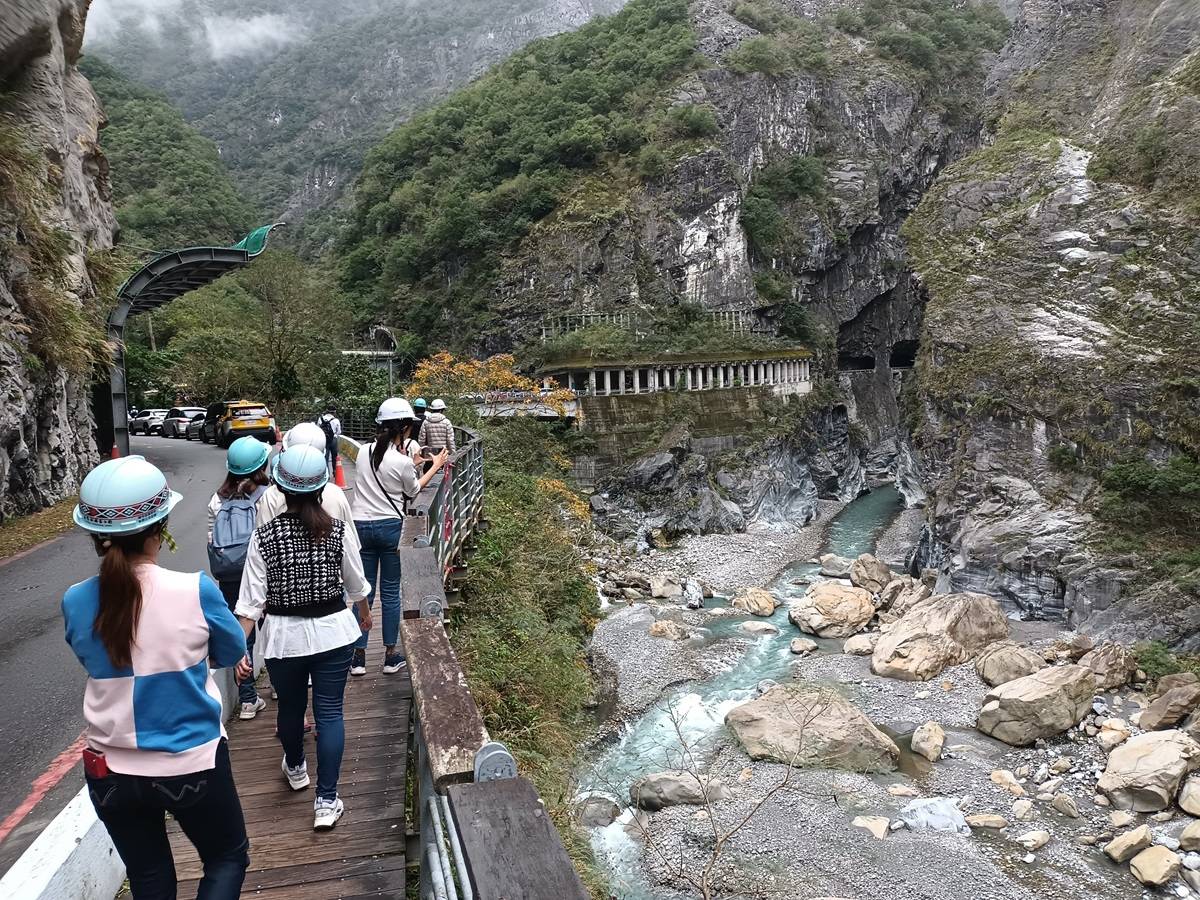
Foreign tourist infrastructure is more developed in Taiwan than China. Image supplied by Mike Cairnduff.
And finally, how easy is it to travel around China versus Taiwan?
I would say it’s fairly easy in Taiwan, as most people in the north (Taipei) can speak English. I’ve heard that English isn’t as prevalent in the south of the island, but I haven’t ventured there yet.
Solo travel in mainland China is hard, but not impossible, if you can only speak English. It’s best to have a tour guide in China unless you’re an adventurous traveler.
Even simple things can be hard in China, like getting into a tourist attraction. Most require you to register or pay via their app, which is usually only in Mandarin.
Getting your head around the differences between China and Taiwan
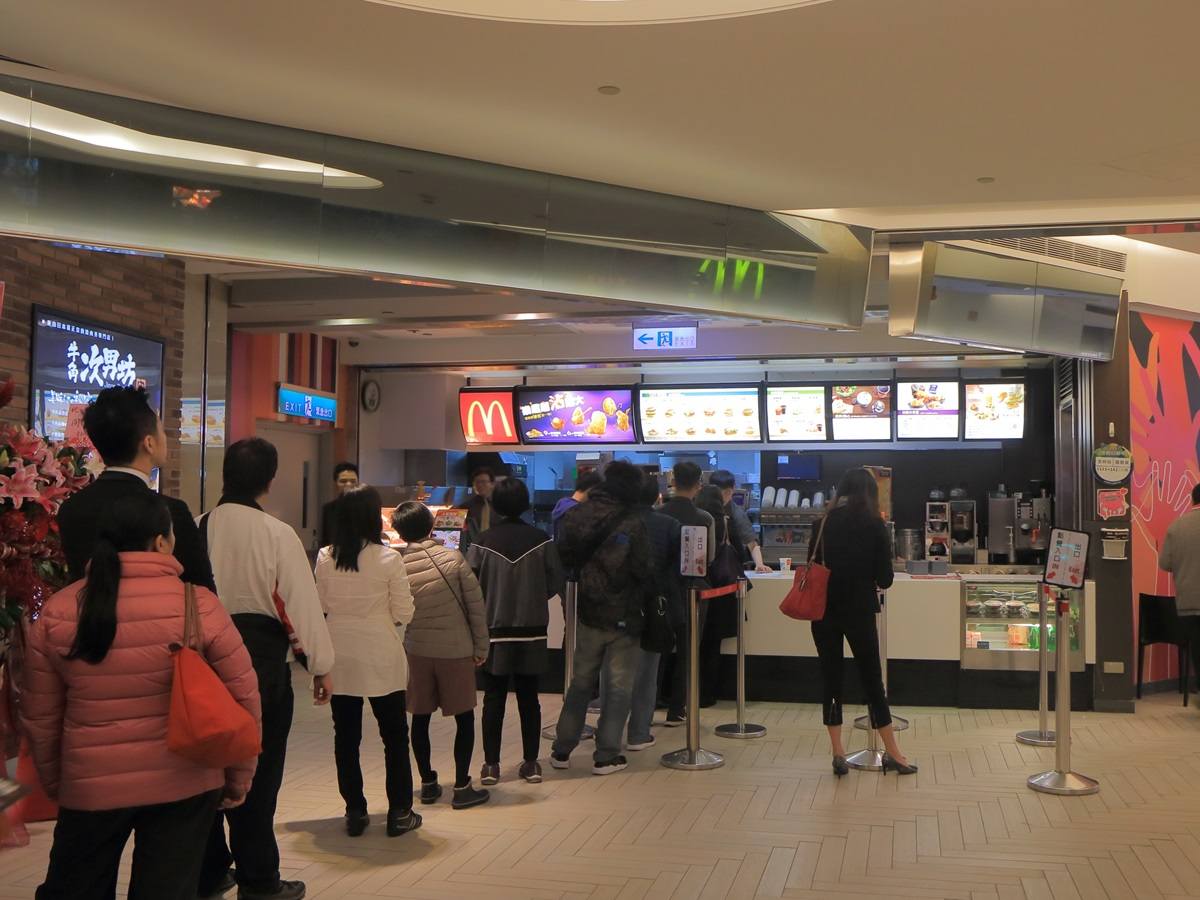
People line up in Taiwan but they don’t in China. Image by TK Kurikawa on Shutterstock.
I hope you’ve now got a better handle on the biggest differences.
Some things are obvious while others are more nuanced. The more time you spend in both places, the more you’ll uncover and understand what the differences – and similarities – are.
If you’re reading this and you’re Chinese or Taiwanese, you may have a different opinion and it would be great to hear from you in the comments below.
But even if you don’t have Chinese heritage and you’ve been to Taiwan and China, I’d love to hear your thoughts.
I hope you liked my article on the main differences between China and Taiwan. You might also like the one I wrote about the brilliant documentaries about China. Some great inspo for a night in!
Main image credit: Rubanitor on Shutterstock.
A very brief history
In 1949, Mao Zedong’s Chinese Communist Party took control of mainland China following the Chinese Civil War.
This was a period of 20 years of intermittent fighting with the Kuomintang (KMT), which was led by Chiang Kai-shek.
The KMT retreated across the Taiwan Strait to the island of Taiwan, and have been there ever since.
Still to this day, China claims Taiwan as its own, while Taiwan sees itself as an independent state wanting to maintain the status quo.
If you’re a history buff, you may know that Japan invaded Taiwan prior to the Chinese Civil War. Japanese rule lasted from 1895 until the end of World War II, so the island has a very chequered past.
My summary is an extremely cutdown version of history in this part of East Asia. You can head over to Wikipedia if you want more info on the Chinese Civil War that led to the current situation.


